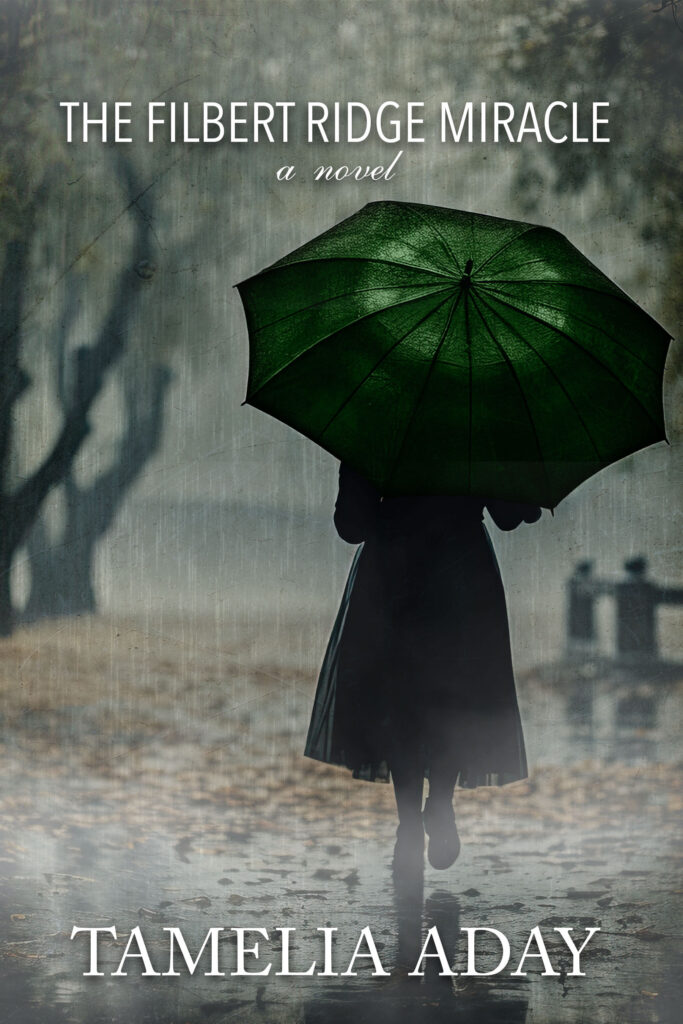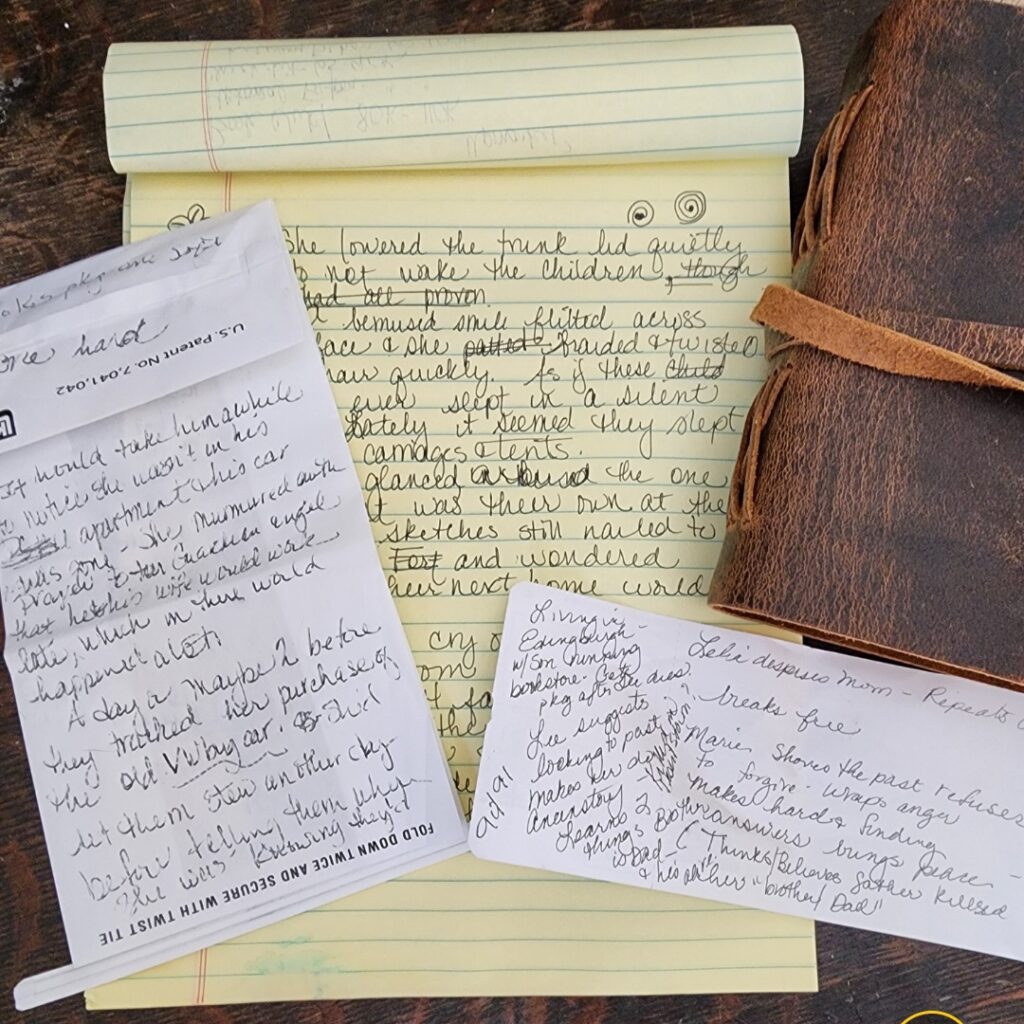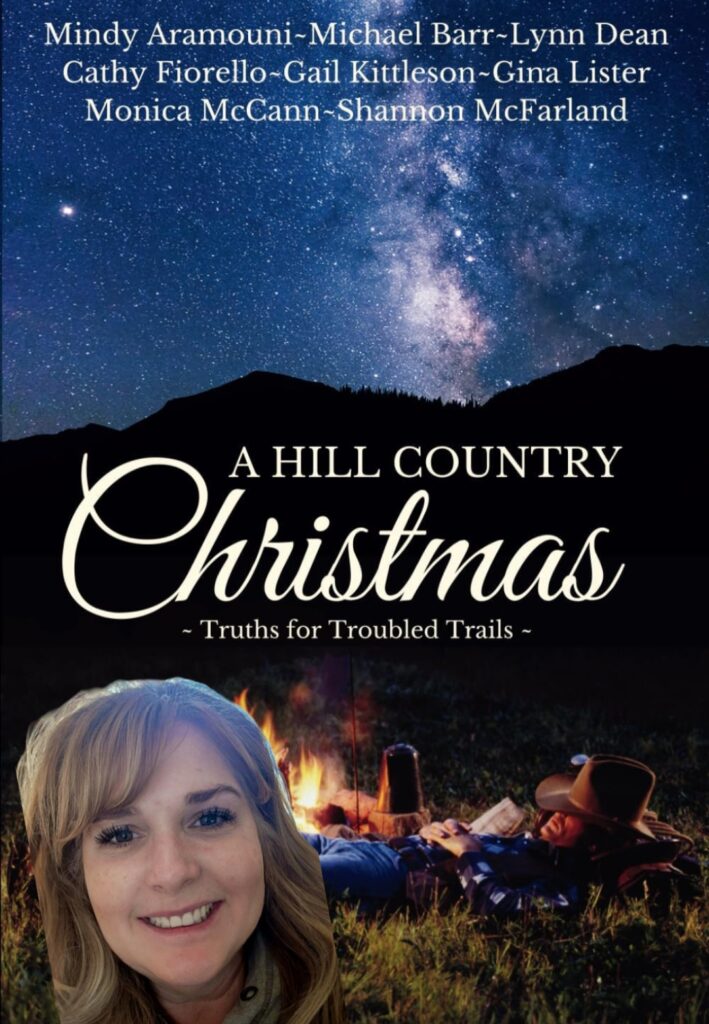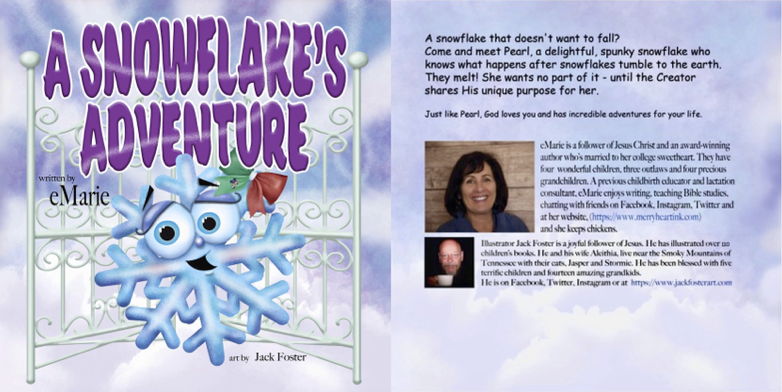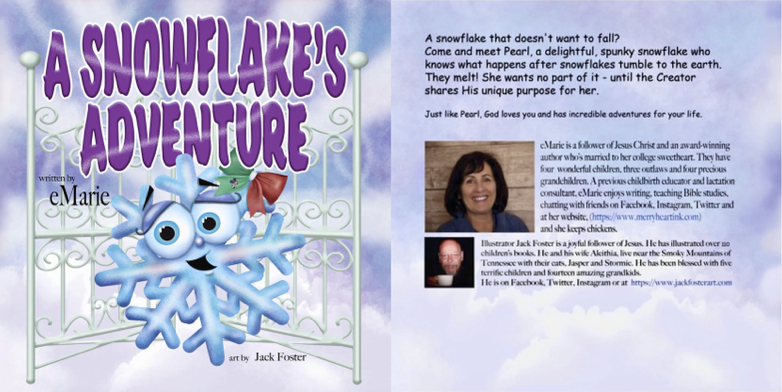Interview with Elaine Stock, who writes historical fiction. Here, she emphasizes her latest novel, due out on April 24. Glad to host you, Elaine!
1. Tell me about your writing history, Elaine. When I first began writing, “Christian fiction” seemed the way to go, but I believe these choices can sometimes limit our readership and outreach. For me, the way we “label” our work sometimes alters as we grow in our skills and also in our faith, and can be freeing rather than limiting.
First, Gail, thanks for hosting me. I truly appreciate it.
In short, I was baptized twice as an adult into the Christian faith. Christian fiction was my second choice of genre, having initially begun with romance for the general market. Like you, I believed I was now writing where God intended me to be. What could possibly go wrong? Although my breakthrough into publishing novel-length fiction was through a small Christian-based publisher, followed by a few independently published Christian fiction novels, I honestly felt lost with my writing. I took a deep and hard look into myself, my writing, and the readership of Christian fiction. After this reflection, I concluded that although my stories contained elements of faith, I was not an author who could write solely for the Christian market. I shifted my focus to writing historical fiction for the general market, and I have been quite pleased with this decision. My main theme as an author, which relates to my attempts at Christian fiction, embodies hope for a better tomorrow.
2. With this particular novel, what would you like your readers’ takeaway to be?
The Last Secret Kept tells the story of three women who dismantle the hidden walls that family and friends erect between one another, as well as the barriers that exist between countries. This dual-timeline story unfolds in 1961 in a town near Lake Ontario, NY, and in Berlin, Germany, during WWII. The tale begins on the day America awakens to discover that the Berlin Wall is under construction, dividing Germany in two and separating families and friends while preventing businesses and customers from connecting. Fanny is a defense attorney, despite the naysayers who urge her to marry and remain at home to raise a family. She meets Gina, a newly married young woman whose husband, Kenny, has faced a lifetime of prejudice for being labeled by society as low-functioning due to his “lesser” intelligence, and is now also accused of murdering a co-worker. Fanny takes on Kenny’s case, and in preparation, uncovers that Gina’s grandmother, Helene, harbors secrets of betrayal that could jeopardize the possibility of winning Kenny’s case.
3. I find that everything I write/research has an effect on me. Please describe how writing this story has affected you as an individual. Please include specific examples, if possible.
What a fascinating, unique question I’ve never been asked before. In researching this specific novel, I encountered various viewpoints on post-WWII life around the world, which opened my eyes to how, despite a global war coming to an end, many concerns were either never resolved or only just beginning to be addressed. For instance, a staggering number of people were now homeless and stateless, let alone left without any family. This truth deepened the bitter taste in my mouth and heart regarding the tragic sadness of how readily people can walk away from their fellow human beings.
Another eye-opener was discovering all the scientific breakthroughs (for example, the world was on the brink of genetic research with many positive impacts, both health-wise and socially). Additionally, the US was also on the verge of judicial changes at both national and state levels. These changes have prompted cultural shifts in redefining, or expanding, if you will, who in society possesses rights. My character Kenny, for instance, constantly had to “behave” if he did not want others to suspect him of acting below society’s standards and, consequently, creating trouble.
Lastly, but not of lesser importance, is the character of Fanny. Without giving too much away, she sees the world in black-and-white terms. She even wears black and white clothing. Right or wrong, this black-and-white outlook on life had shaded her perception of loved ones and friends… until befriending Gina, Helene, and Kenny taught her that life has many different colors. Because of this, new doors can open to new beginnings, and old, rusted doors that seemed tightly bolted might not have to remain that way.
4. I appreciate your honesty and experience, Elaine, and the time you’ve taken to share with my readers. Is there anything else you’d like to share?
I very much appreciate you hosting me. I wish your readers to always have a wonderful book to read!
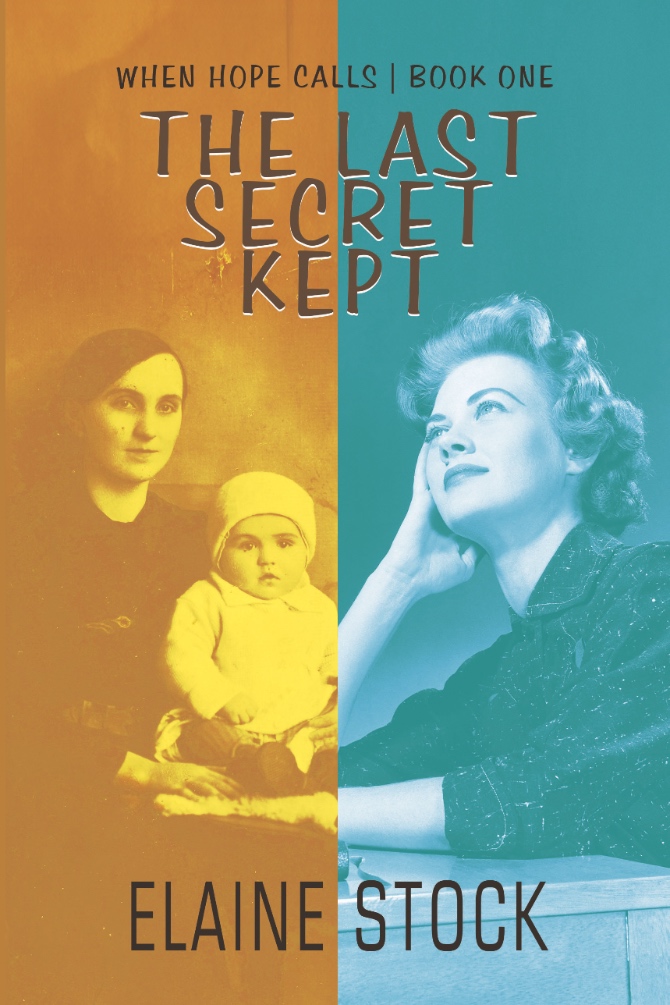
If anyone would like to know more about me, my writing, and to see book trailers of my historical fiction novels, please visit my website: https://elainestock.com/index.html
Each month I host guest authors in my newsletters, which are always free: https://elainestock.substack.com
Other places to find me:
Facebook: https://www.facebook.com/AuthorElaineStock
Instagram: https://www.instagram.com/elainestocklovestowrite/
BlueSky: https://bsky.app/profile/elainestock.bsky.social
Goodreads: http://goodreads.com/ElaineStock
BookBub: https://www.bookbub.com/authors/elaine-stock
LibraryThing: https://www.librarything.com/author/stockelaine
Amazon: https://amazon.com/author/elainestock
Author Bio:
Elaine Stock pens historical fiction of courageous people taking chances because life is full of challenges, and we must bravely step forward. Her next novel, The Last Secret Kept, releases on April 24, 2025. Her award-winning Resilient Women of WWII trilogy novels have made several Amazon Bestseller Lists. What pleases her the most is that readers from various countries have reached out to say that these novels encouraged them to face their tomorrows.


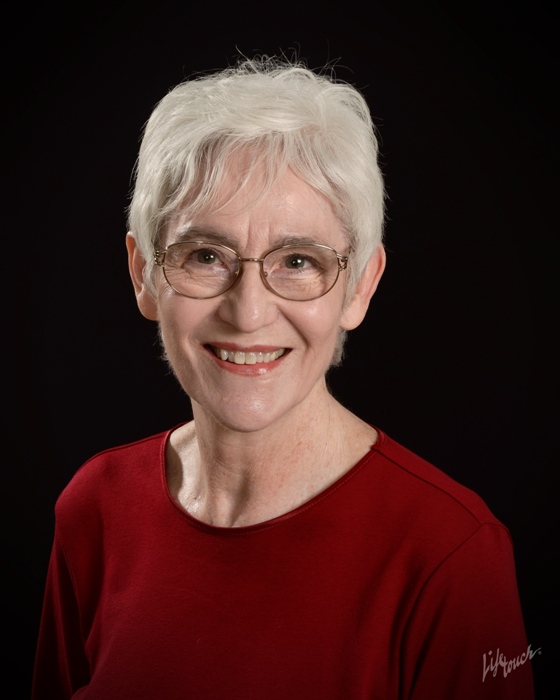
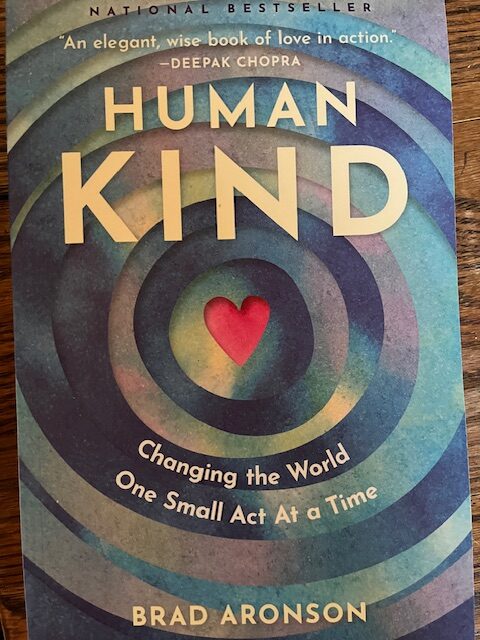
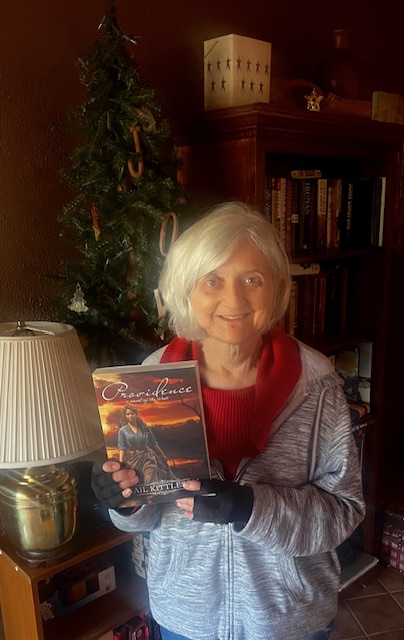

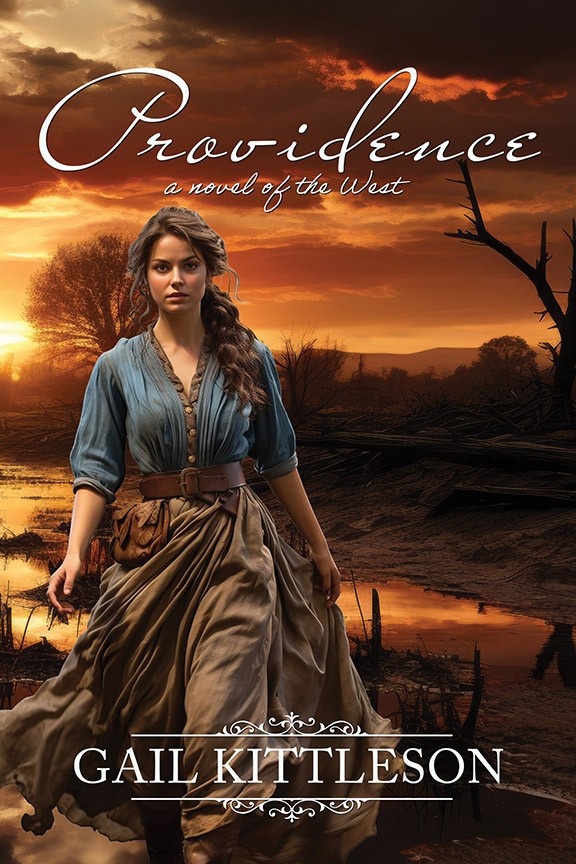
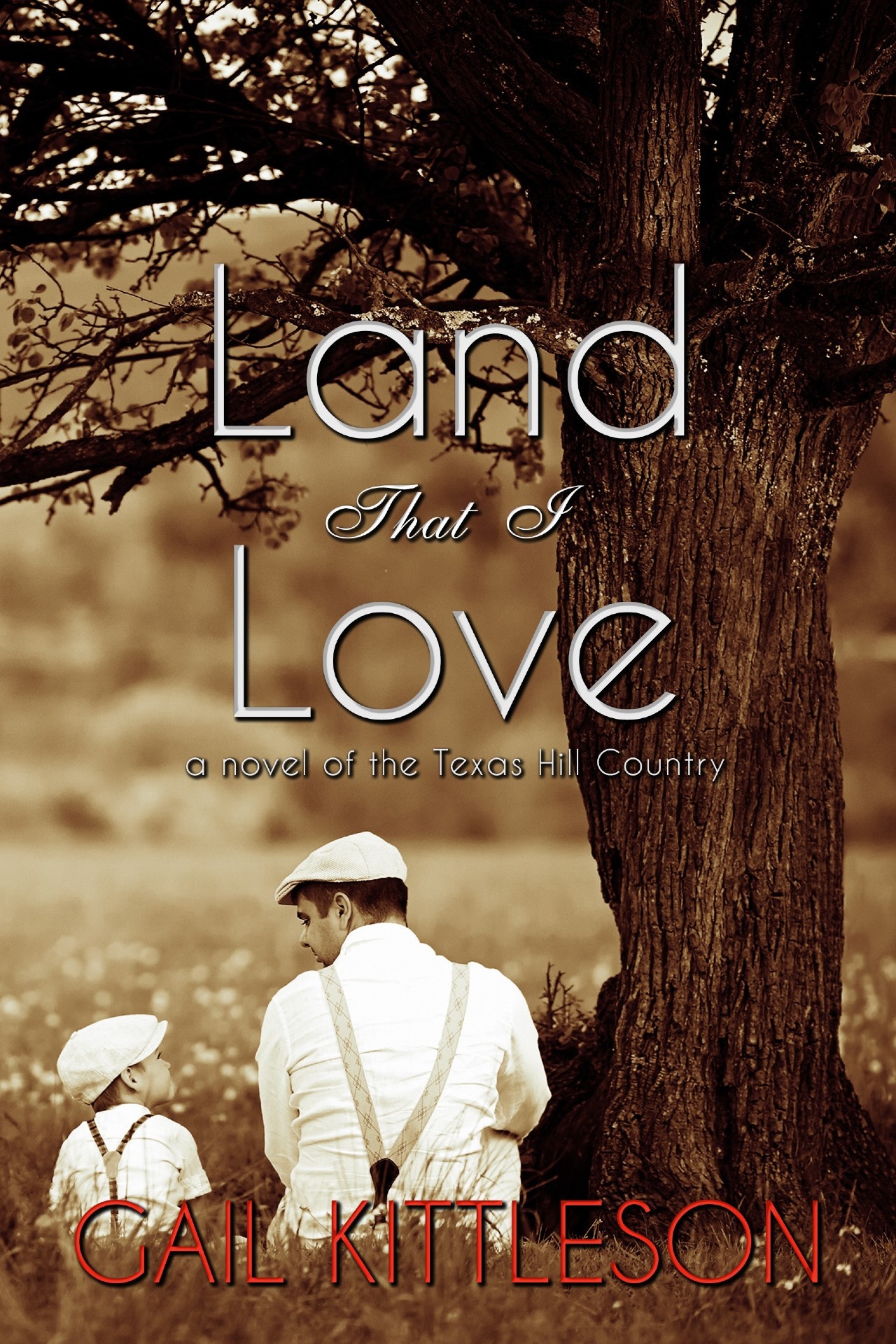
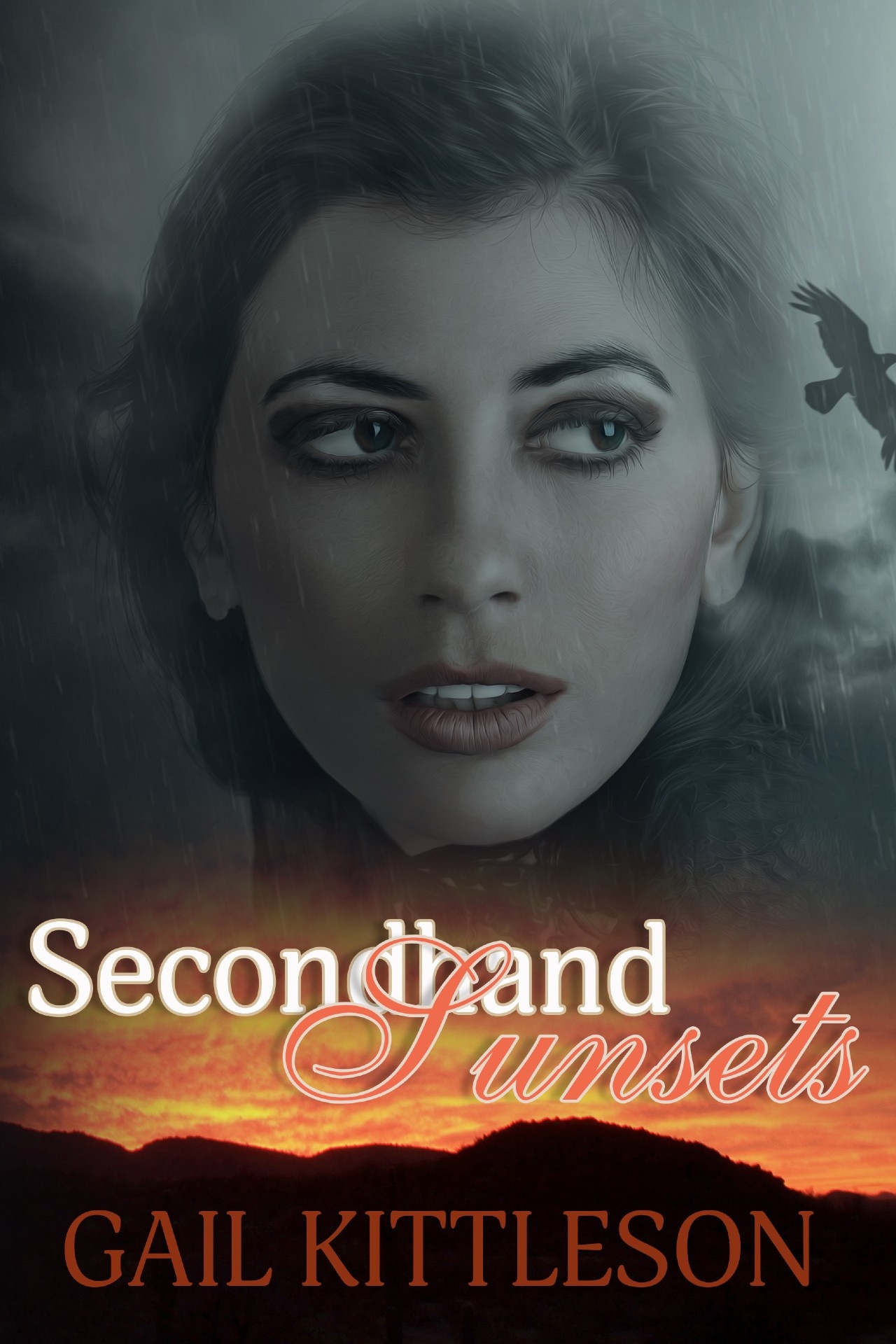
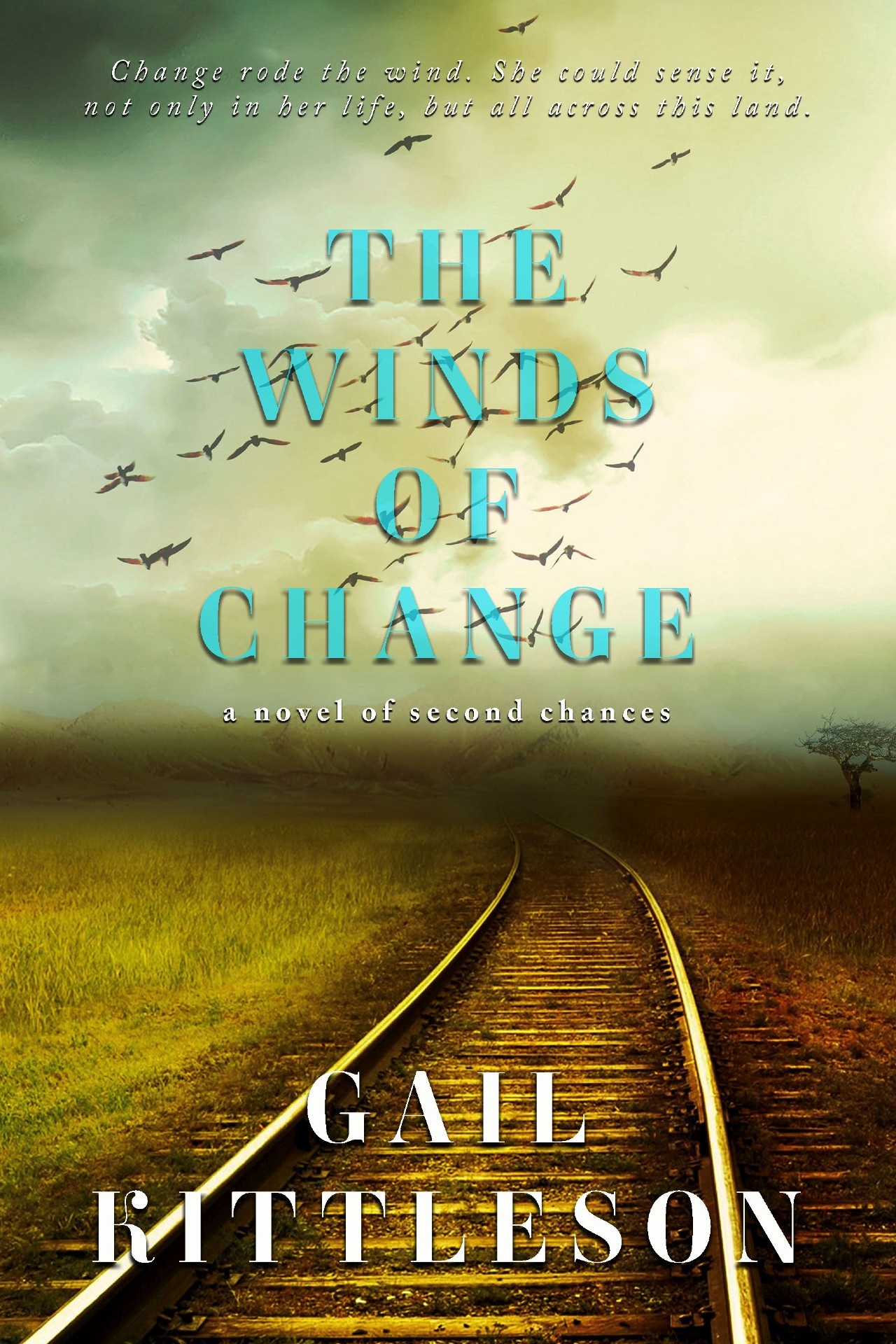
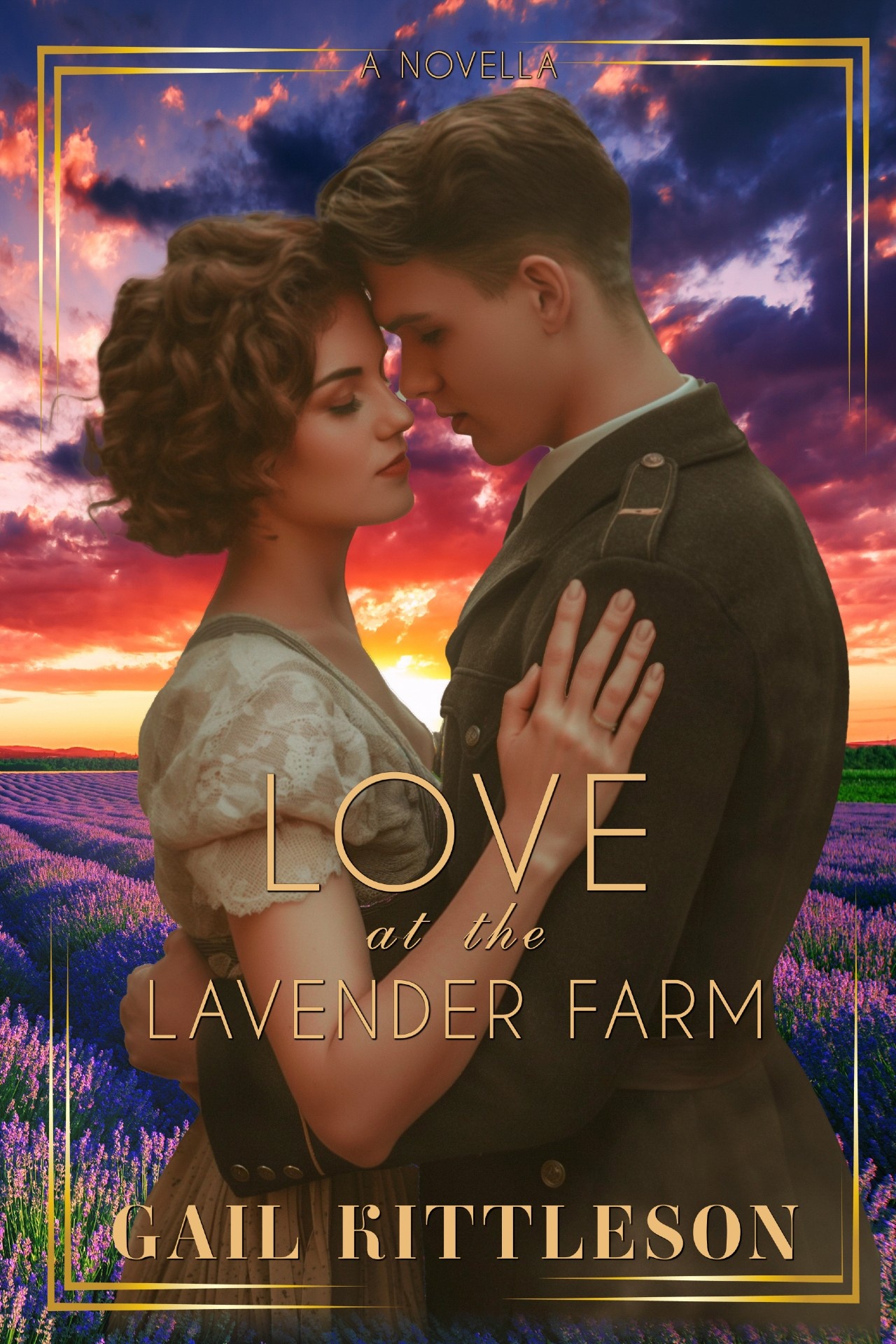
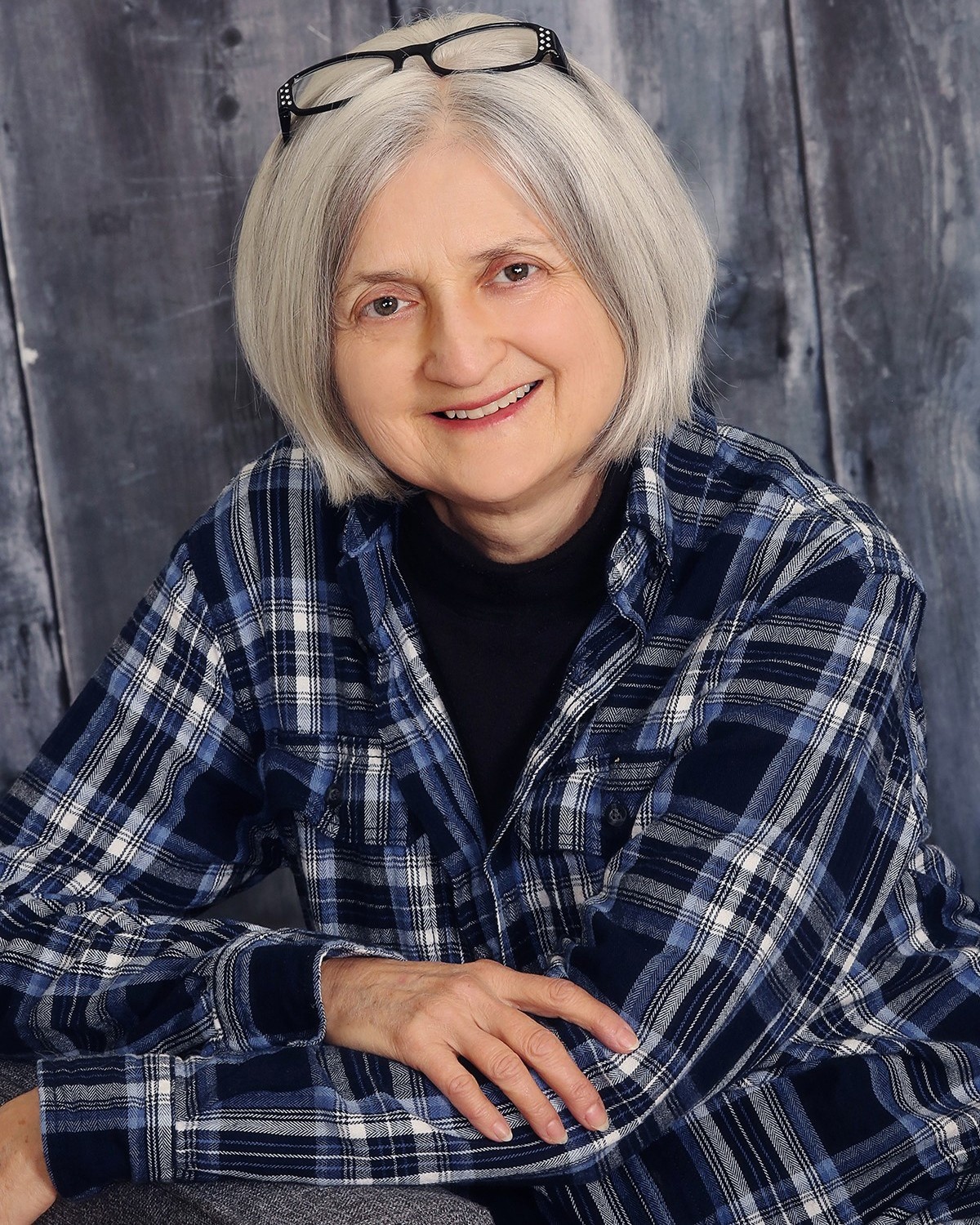 Words have always been comfort food for Gail Kittleson. After instructing expository writing and English as a Second Language, she began writing memoir. Now, intrigued by the World War II era, Gail creates women’s historical fiction from her northern Iowa home and also facilitates writing workshops/retreats.She and her husband, a retired Army chaplain, enjoy their grandchildren and in winter, Arizona’s Mogollon Rim Country. You can count on Gail’s heroines to ask honest questions, act with integrity, grow in faith, and face hardships with spunk.Visit Gail online at:
Words have always been comfort food for Gail Kittleson. After instructing expository writing and English as a Second Language, she began writing memoir. Now, intrigued by the World War II era, Gail creates women’s historical fiction from her northern Iowa home and also facilitates writing workshops/retreats.She and her husband, a retired Army chaplain, enjoy their grandchildren and in winter, Arizona’s Mogollon Rim Country. You can count on Gail’s heroines to ask honest questions, act with integrity, grow in faith, and face hardships with spunk.Visit Gail online at: 